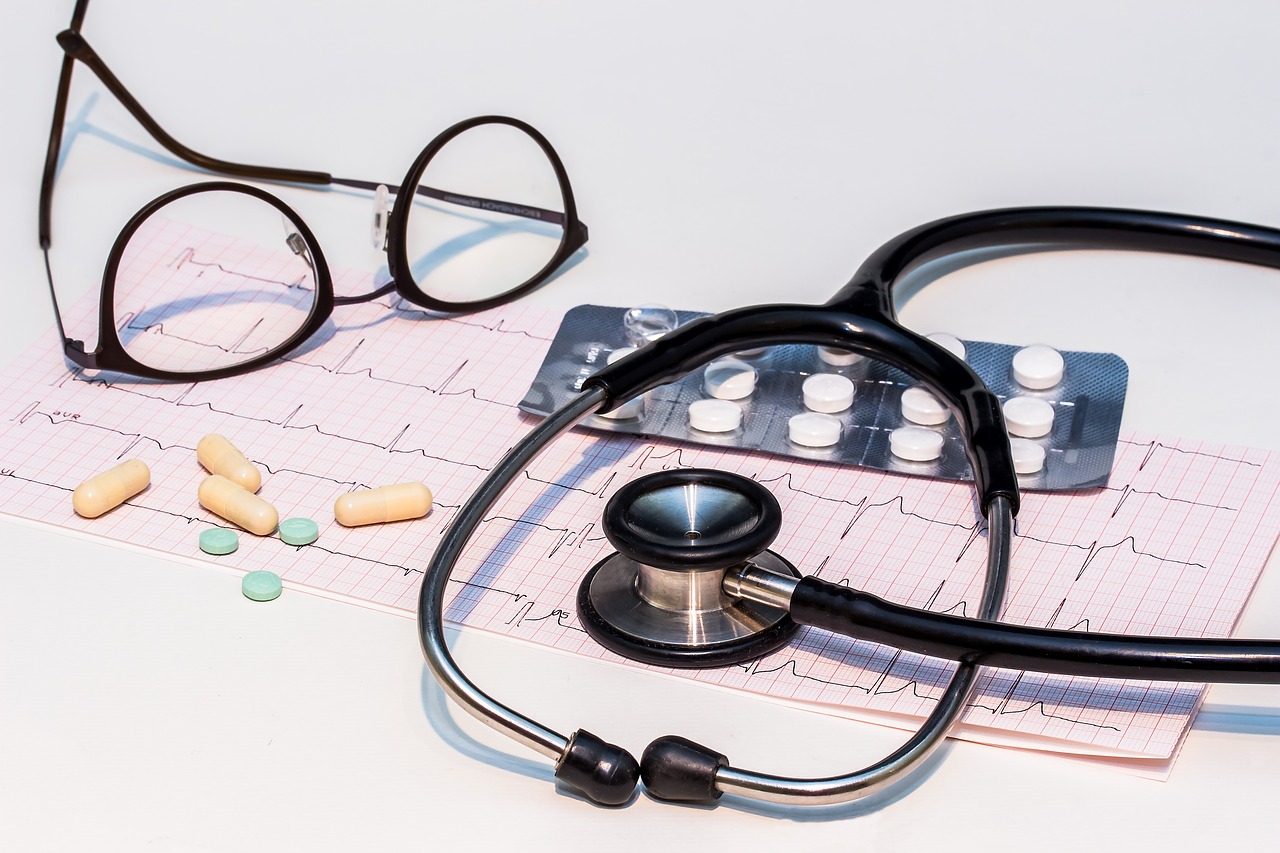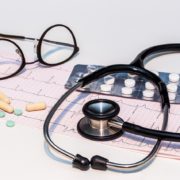Sirloin, with a side-order of guilt.

I’m 75 and I have cardiovascular disease.
I was a meat-eater for 60+ of those years.
Are they connected? Well, yeah – not much doubt.
If you are over 60, and beef, pork, chicken, oils of any type have been a part of your diet over the years – even a small portion – chances are pretty high you’ve got some level of CVD as well.
Current science says that mine is in the high-risk category.
Scanned, calculated and verified. A seven-minute, $100 heart scan calculated the numbers and unveiled the frightening truth. I’ve now known it for a year.
I’m not checking out anytime soon, not that you would really know or lose any sleep over it. My doc and I agree that, despite the high scan number, I’m not demonstrating any other evidence of a life-threatening condition.
But it’s hard to shake the statistic that for 40% of heart attack deaths, the first symptom is the fatal heart attack.
In a panic-filled consultation with him (with my wife in tow), his diagnosis was pretty simple after reviewing the heart scan report. The conversation went something like this:

Doc: You are an active exerciser, right?
Me: Yes. 45 minutes of aerobic exercise six days a week, strenuous weight training three days a week. I regularly get my sustained heart rate well above the recommended exercise range for my age (220-75 x .65 and .85 = 94-124).
Doc: Any chest pain or shortness of breath?
Me: Nope.
Doc: Then I’m not too concerned. Yes, we should watch it. The heart scan only shows total calcification and yours show the two largest and most important arteries as mostly clear. Without doing an invasive, expensive angiogram, we can’t tell exactly how the plaque is distributed. But based on your ability to handle strenuous exercise and the clearness of the two main arteries, we can make an educated guess that your plaque is fairly well distributed and not highly clumped. (OK, there is a little literary license in all that but that’s what both my wife and I heard).
Me: What’s next? I still want to get off of Lipitor. (NOTE: I don’t trust the drug and I don’t trust the pharmaceutical industry)
Doc: Don’t be a d***. (No he didn’t really say that. But something like it was in the back of his mind). Schedule an echo stress test and a nuclear stress test and let’s then decide on a course of action when we get the results. In the meantime, don’t be a d*** ( assumed) and keep taking your mild dose of Lipitor and add a daily baby aspirin.
Echo stress test – good – no apparent issues. Nuclear stress test – same. We threw in a carotid artery scan for good measure and it shows some blockage but not enough to be a threat.
Doc reviews the tests and relays through the patient portal: stay the course – Lipitor, baby aspirin. Don’t change your exercise regimen. We’ll keep an eye on it.
Whew! Live another day.
Something’s missing in all this. Do you see any mention in the patient/doctor dialog about food?
Do you see any mention in the patient/doctor dialog about food?
Nada!! Never one question asked about my diet. No hint that elimination/reduction of animal-based foods might also help.
He already knew that I was an active exerciser. Had he not, I’m not confident that there would have been a discussion about how much exercise I have in my life.
No discussion about potential stress points in my life – work, relationships, etc.
No hesitation, however, to stay rooted solely in the medication recommendation.
This event has further opened my eyes to the gap between wellness and cure that exists in what we call a healthcare system.
There’s more to the story.
On my next doctor visit – my annual physical – I asked my doc: “Is my CVD condition reversible?”. His response was instant and unequivocal. NO! Slow it or stop it – there’s a chance. Reverse it? Not gonna happen.
I’m just stubborn enough to refuse to accept that answer without at least trying to verify it.
Didn’t take long to determine that there have been lots of verified cases of reversed cardiovascular disease. Two well-known physicians, Dr. Dean Ornish and Dr. Caldwell Esselstyn, are two of the leading physicians who are stepping into the breach, opposing the prevailing bias of their compatriots and proving that it can be reversed.
I guess my doc just hasn’t had time – or the inclination – to read the books. I wouldn’t want to infer that there may be an ulterior motive. As in: you get well, you don’t come back and my revenue drops. Naw! That couldn’t be – not in our profit-driven disease-care – er, excuse me – health-care system.
You are the CEO
This whole process not only reminded me of the lack of focus on wellness or “health creation” in our medical community, it was a refresher for me to stay the course in being the CEO of my own health and not abdicate it to a really screwed up system.
We can take heart (yes, a pun!) that there is a slowly emerging trend toward a more holistic, wellness-oriented approach to medical care. Something has to give because we seem to be getting sicker and the cure more expensive without significant improvements.
My appeal to any reader is just that: take charge of your health. Make the effort to understand how your body works and how what you do and what you put into it counts.
I still take the position that, ultimately, the biggest killer in our culture is healthcare illiteracy.
 Goodbye sirloin.
Goodbye sirloin.
So meat has disappeared from my plate except for very rare occasions since the CVD diagnosis. That wasn’t so tough and I’m finding, as Ornish and Esselstyn predict, my craving for dead animal is fading away.
If I fall off my new wagon and attack a sirloin, it probably will still taste great – but not great enough to offset the guilt feelings that come with it. I’ve just studied, read, and researched too much to know that there is virtually nothing good that comes out of eating an animal-based product.
So I’ve made a diet change that I feel has, at a minimum, stopped the progress of my CVD. Mostly plant-based with no beef or pork, limited chicken, and fish, cranking up the veggies, fruit, legumes.
But I have an appreciation for how tough it is to do in our culture – the time to study and learn what is best, the extra shopping effort to get it, the new discipline and habit replacement required, not to mention different cooking techniques.
But I’m finding it worth it. I feel better; my heart likes it.
And it feels good to be informed and in charge.
And I don’t have to fight that side order of guilt.





Leave a Reply
Want to join the discussion?Feel free to contribute!